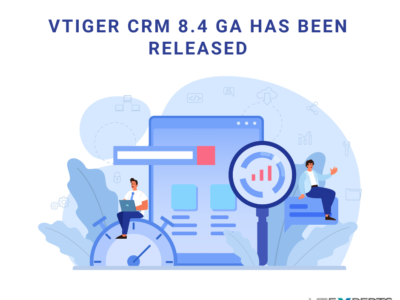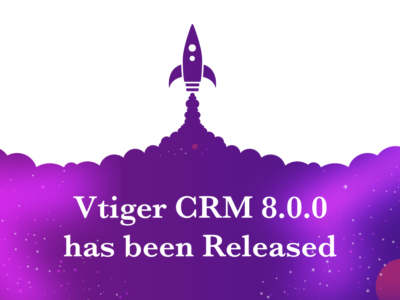“The commercial value that derives from consumer perception of the brand name of a particular product or service, rather than from the product or service itself.”
Actually it is the value of a brand. Brands are just the names and symbols. Brands symbolize consumers’ perceptions and feelings regarding any product and its performance – everything that the good or service means to consumers. According to the analysis, brands exist in the minds of customers. Thus, the actual value of a strong brand is its power to capture customer preference and loyalty.
A strong brand has high brand equity because it effects customers’ reliability and reactions toward the particular product or service. Evaluation of a brand’s equity is the extent to which consumers are willing to pay more for their favorite brands. A study found that 72% of buyers would pay a 20% premium for their desired brand than the closest competing brand. 40% assumed they would pay a 50% premium for the brands of their choice. Heinz and Tide users are willing to pay a 100% premium. Loyal drinkers of Coca Cola will pay a 50% premium and Volvo users a 40% premium.
Brands differ in the amount of value and power they have in the marketplace. Some brands like Tide, Nike, Coca Cola, Harley-Davidson, Disney, and others have become larger-than-life icons that are maintaining their brands’ power in the market for generations. These brands always win competitive battles not just because they deliver distinctive advantages, reliable services, or innovative technology. Rather, they succeed because they renounce a deep connection with the culture.
A brand with powerful brand equity is an incredibly valuable asset. Brand evaluation is the procedure of estimating the total financial value of any brand. Measuring such value is a bit difficult. Though, according to one estimate, the brand value of IBM is almost $52.5 billon, Coca Cola is almost $73.1 billion, and Microsoft is $90.2 billion. Rating of other brands among the world’s most valuable brands include Intel, Nokia, General Electric, McDonald’s, Disney, Mercedes, and Marlboro.
High brand equity offers a company with many competitive advantages. A strong brand enjoys a high level of brand awareness and loyalty from their consumers. Because customers expect stores to carry the brand, the company has leverage in bargaining with resellers. Because the name of a brand carries high credibility, the company can easily launch different product line and brand extensions, as when Coca Cola used its well-known brand to launch Diet Coke and Vanilla Coke.
Above all, an influential brand forms the basis for building strong and beneficial relationship with customers. Thus, the basic assets underlying brand equity is customer equity – the value of the customer relationships that is created by a brand. A powerful brand is significant, but it actually represents the loyalty of their customers and it is more profitable for their own brands.






